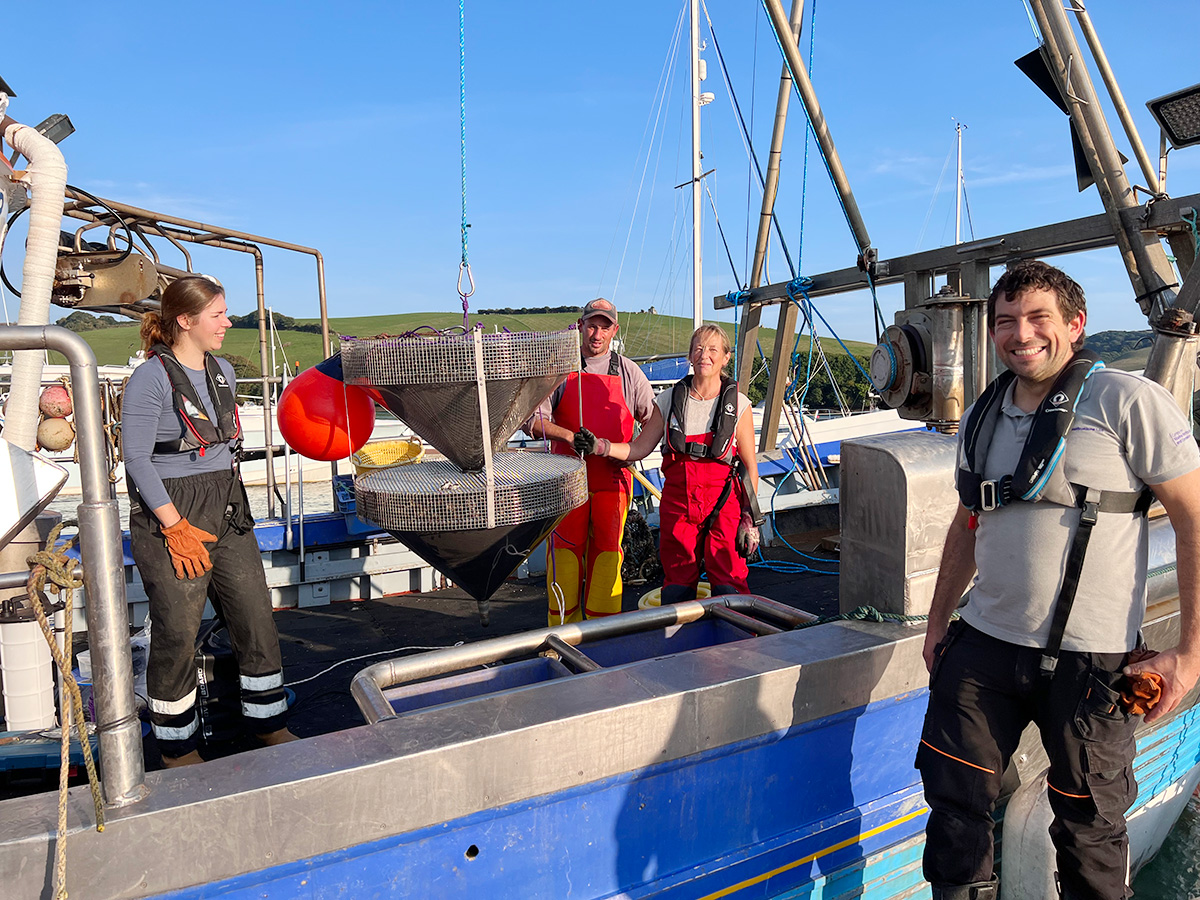- Top Page
- Laureates
- Prof Thompson, Prof Galloway,Prof Lindeque : 3. Searching for Solutions to Microplastic Pollution
3. Searching for Solutions to Microplastic Pollution
The three professors have been working on solutions to the problem of microplastics as well as conducting research on their impact on marine organisms.
Professor Penelope Lindeque works on the removal of microplastics using shellfish. Bivalves such as mussels ingest seawater to extract nutrients from the enclosed plankton and other substances. A single adult mussel can filter more than 40 liters of seawater per day. Furthermore, bivalves exhibit remarkable resilience to microplastic pollution compared to other vulnerable organisms. These mussels also ingest microplastics present in seawater along with plankton. In fact, it has been found that 5 kg of mussels can remove 250,000 microplastic particles from seawater in just an hour.




